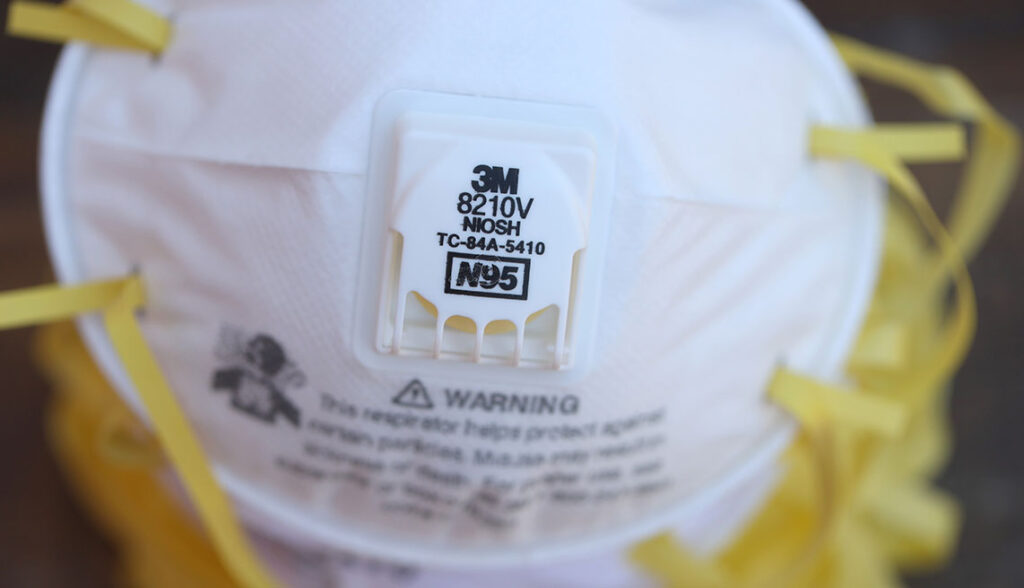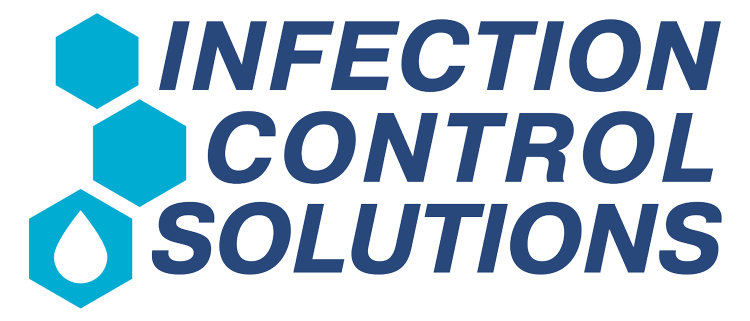CDC: Face Masks With Valves, Vents Can Help Spread COVID-19
Avoid one-way valves that allow exhaled respiratory droplets to reach others

by Rachel Nania | AARP | August 14, 2020
The Centers for Disease Control and Prevention (CDC) has updated its face mask guidelines and is out with a new recommendation: Avoid wearing masks with an exhalation valve or vent. These masks, which are often worn for dust protection during construction projects, can do more harm than good when it comes to controlling the spread of the new coronavirus.
“The purpose of masks is to keep respiratory droplets from reaching others to aid with source control,” the CDC says in its guidelines. “However, masks with one-way valves or vents allow air to be exhaled through a hole in the material, which can result in expelled respiratory droplets that can reach others.”
The coronavirus is thought to spread mainly by way of respiratory droplets produced when an infected person coughs, sneezes, talks or exhales. Face coverings, however, can act as a barrier to block these droplets and keep them from reaching others, which is why public health experts and federal leaders for months have urged all Americans to wear a mask to reduce the amount of virus circulating in the community and to slow the coronavirus outbreak.
A report out of the University of Washington’s Institute for Health Metrics and Evaluation projects America’s death toll could reach nearly 300,000 by Dec. 1. However, if 95 percent of people in the U.S. start wearing a face mask when leaving their homes, that number would drop significantly and more than 66,000 lives would be saved, the report’s authors write.
A recent study conducted at Duke University and published in the journal Science Advances found simple and inexpensive double-layer cotton masks are effective at blocking droplet spray produced during everyday conversation. Most effective, however, were non-valved N95 masks and three-layer surgical masks, which the CDC says should be reserved for health care workers. Gaiter-type neck fleeces, bandannas and knitted masks ranked among some of the worst for stopping droplet spray, the Duke researchers found.
Several U.S. airlines, including American, Delta and JetBlue, are now banning face masks with valves and vents from flights and boarding areas. The CDC recommends cloth face coverings for the general public, and has tips on its website for how to make them at home.

